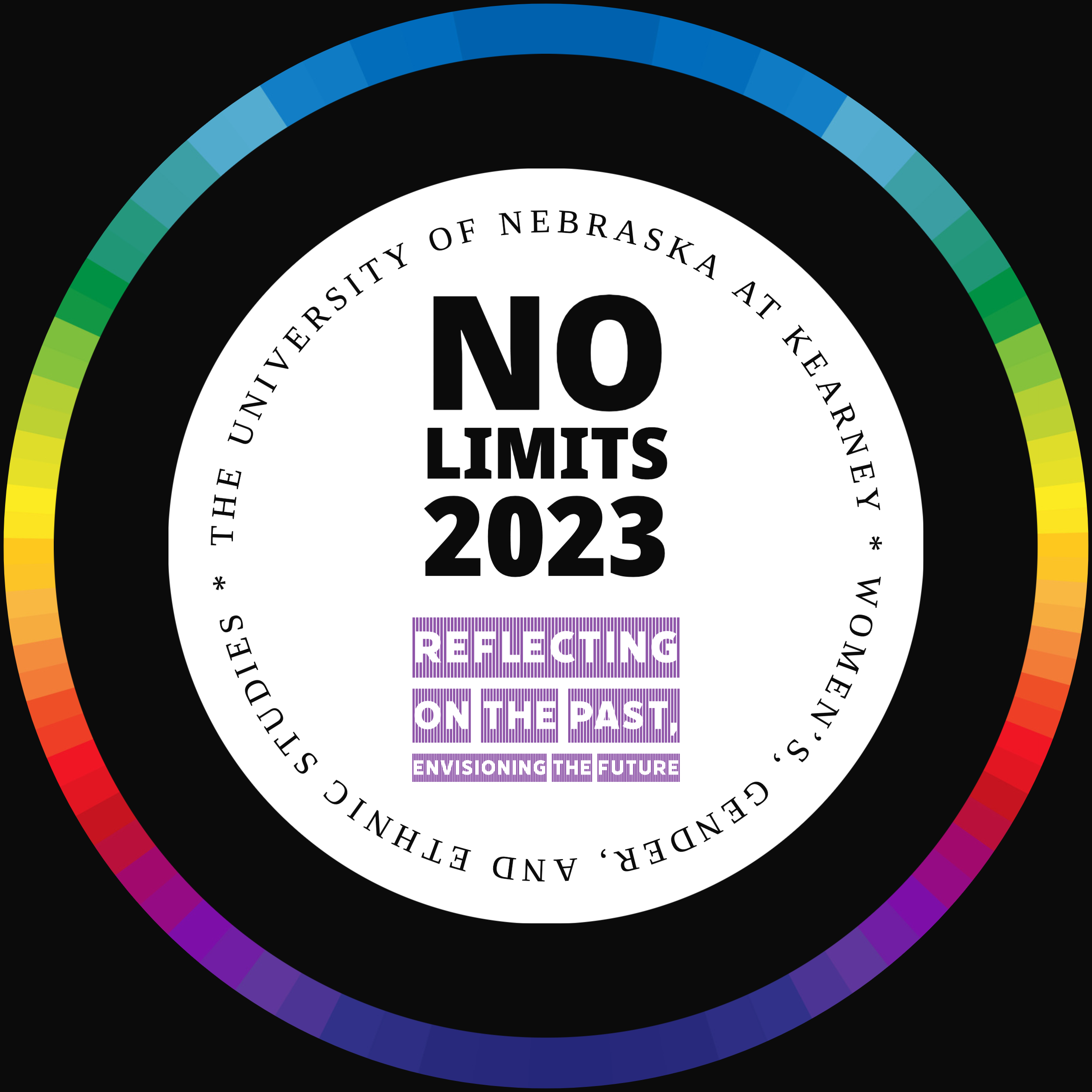Why the Language of Choice Doesn't Work: A Case for Reproductive Justice
Location
Ponderosa Room C
Presentation Type
Presentation
Presentation Topic
sociology, women's and gender studies, legal
Start Date
3-3-2023 10:10 AM
Event Sort Order
15
Abstract
This paper attempts to illuminate light on the history of abortion rights across people of color and it has impacted them. The main idea that this paper tries to argue is about the framework of all the advocacy over abortion rights has always been about choice while ignoring the facts of people of color and their struggles. Throughout history, there has been significant amount of ignorance, ignorance of the pain the people of color have suffered. This paper tries to make a point about how harmful ignorance is and why intersectionality is important for our legal system. We need incorporate intersectionality in our legal system because it is way to move away from the framework of ignorance and embrace the idea of including everyone's experiences.
Why the Language of Choice Doesn't Work: A Case for Reproductive Justice
Ponderosa Room C
This paper attempts to illuminate light on the history of abortion rights across people of color and it has impacted them. The main idea that this paper tries to argue is about the framework of all the advocacy over abortion rights has always been about choice while ignoring the facts of people of color and their struggles. Throughout history, there has been significant amount of ignorance, ignorance of the pain the people of color have suffered. This paper tries to make a point about how harmful ignorance is and why intersectionality is important for our legal system. We need incorporate intersectionality in our legal system because it is way to move away from the framework of ignorance and embrace the idea of including everyone's experiences.






Presenter Bio
My name is Malvika Vijju. I am a senior studying Women's and Gender studies with minors in Sociology and Humanities in Medicine at UNL. I am from India, studying to go to law school after graduation. My main focus in law school would either be civil rights law or immigration law. Either ways I want to be in a role where I can help people who are in need of help.
Fun fact about me is that, I can speak two more languages other than english and I also grew up learning two Indian classical dance styles.